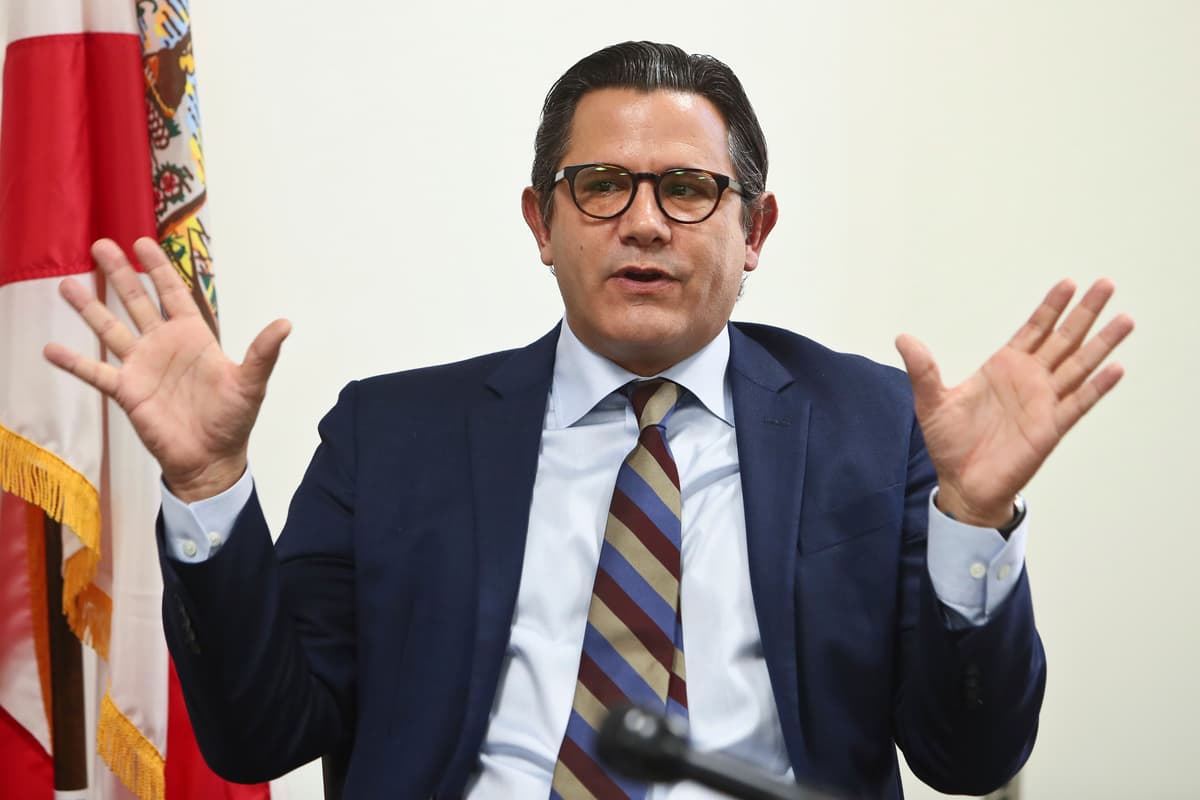The U.S. Tariff Regime under President Donald Trump has imposed significant tariffs on goods and services from African countries, with rates ranging from 50% for Lesotho to 10% for countries like Egypt, Morocco, and Kenya.
This shift in U.S. trade policy poses both challenges and opportunities for Africa, with the continent needing to adapt to these changes in a rapidly shifting global trade environment.

The most immediate challenge comes from reduced access to the U.S. market.
Many African nations, particularly those that rely heavily on exports like textiles, agriculture, and minerals, could face severe financial strain. For instance, Lesotho, facing a 50% tariff, could see a significant reduction in its garment exports, which are a key part of its economy. This would lead to a loss of trade revenue and may also slow economic growth in countries already struggling with high unemployment rates.
The impact of these tariffs will likely ripple through the economy, potentially leading to job losses, particularly in industries that rely on U.S. exports.
Furthermore, consumers and businesses in African countries could face increased costs, as the prices of goods from tariff-imposed industries rise. This could worsen economic conditions in lower-income regions, where access to affordable goods is already a challenge. There’s also the potential for diplomatic tension between African nations and the U.
S., which could damage longstanding trade agreements like the African Growth and Opportunity Act (AGOA), which has supported African exports to the U.S.
for years. However, these tariffs also present opportunities for African countries to rethink their trade strategies. One key opportunity is the potential for diversification.
African nations can reduce their dependence on the U.S. market by strengthening trade relationships with other regions, such as the European Union, China, and fellow African countries.
This would help cushion the impact of the tariffs and open new avenues for trade. The African Continental Free Trade Area (AfCFTA) further supports this by offering a framework for greater economic integration and trade among African nations, reducing reliance on external markets. In addition, the tariffs may push African countries to focus on developing local industries.
By enhancing their manufacturing, agricultural, and textile sectors, countries can produce more goods domestically and meet the needs of their growing populations. This shift could generate jobs and stimulate economic growth, making African economies less reliant on foreign markets. As tariffs make it more expensive to export to the U.
S., there is a strong incentive for African nations to boost their own production capacities and encourage local entrepreneurship. To navigate this changing landscape, African nations will need to adopt strategies that focus on regional trade.
The AfCFTA presents a significant opportunity for African countries to trade more freely with each other and build stronger value chains across the continent. Simultaneously, diversifying export markets is crucial. African countries should seek new trade agreements with emerging economies, such as China and India, to replace or supplement their exports to the U.
S. Strengthening ties within Africa and with other global players will allow African nations to spread their risks and reduce the economic blow from the U.S.
tariffs. Improving local manufacturing capabilities will be another key strategy. By enhancing the quality of goods and focusing on industries that are less reliant on foreign markets, African nations can boost their competitiveness and attract investment from outside the U.
S. Additionally, fostering an environment that welcomes foreign direct investment (FDI) could help offset some of the losses incurred from reduced trade with the U.S.
Investment from other global powers could help stimulate sectors like infrastructure, energy, and technology, which would benefit African economies in the long term. While the U.S.
tariff regime represents a formidable challenge, it also serves as a catalyst for much-needed economic reform and diversification in Africa. By strengthening regional cooperation, improving manufacturing capabilities, and seeking new trade partnerships, African nations can navigate these trade obstacles and emerge more resilient. The continent can reduce its dependency on a single market, foster economic growth, and position itself for long-term success in an increasingly interconnected global economy.
.
Politics

Impact Of U.S. Tariff Regime On Africa

The U.S. Tariff Regime under President Donald Trump has imposed significant tariffs on goods and services from African countries, with rates ranging from 50% for Lesotho to 10% for countries like Egypt, Morocco, and Kenya. This shift in U.S. trade policy poses both challenges and opportunities for Africa, with the continent needing to adapt to these changes in a [...]















